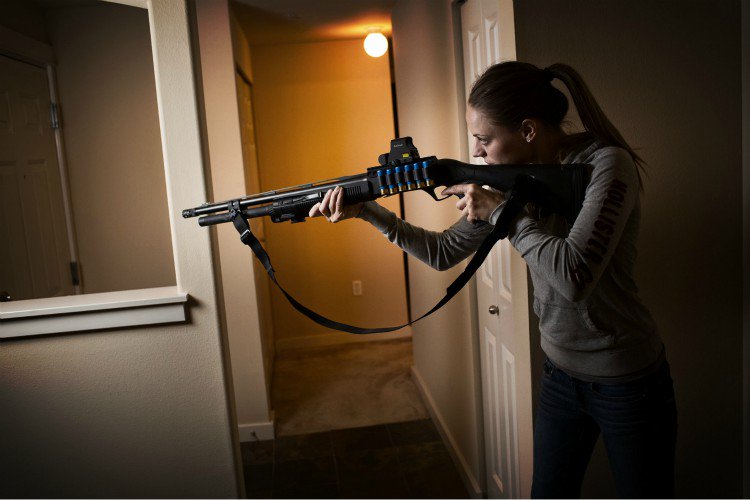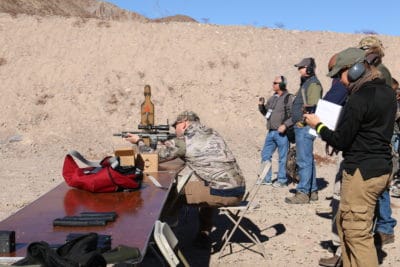
Talking Guns Testing Walker Defense Nero Muzzle Brake
Video by Jason Mcdonald Audio by Jim Sanford

Video by Jason Mcdonald Audio by Jim Sanford

Brian and Erik rumning the new Atlas 40cal Nemesis, Concealed Carry 9mm Nyx, and 9mm Athena from Atlas Gunworks. Check out our full review on

Why did Heckler and Koch release an SP5 now? What are the internals like? Is it really an all German MP5? Is there an SP5SD/MP5SD
Talking Guns Founder Brian Kovacs joins Newsmax – America Talks Live – with Guest Host Jonathan Gilliam for an in depth discussion of the

Sneak Peak at Blackwater’s new 2011 pistol line up These new 2011 weapons from Blackwater will be totally manufactured in house and loaded with some
Talking Guns and www.talkingguns.net Founder Brian Kovacs appears on Newsmax TV to discuss the Constitutional Crisis unfolding day by day in the great state of

By Magnus Eriksson The intent with this column is to discuss general legal principles to make you aware of some commonly encountered realities and

Patricia Huff, Director of Marketing for Gunbroker and Cameron Chell co-founder and Vice Chairman of BitRail sit down to discuss their joint venture into various,

Something I always run into at public ranges is the lack of weapons safety. I could be like a lot of other people and have

By Jim Krueger While working a class a number of years ago we had a bonded couple. The female was a first time shooter and